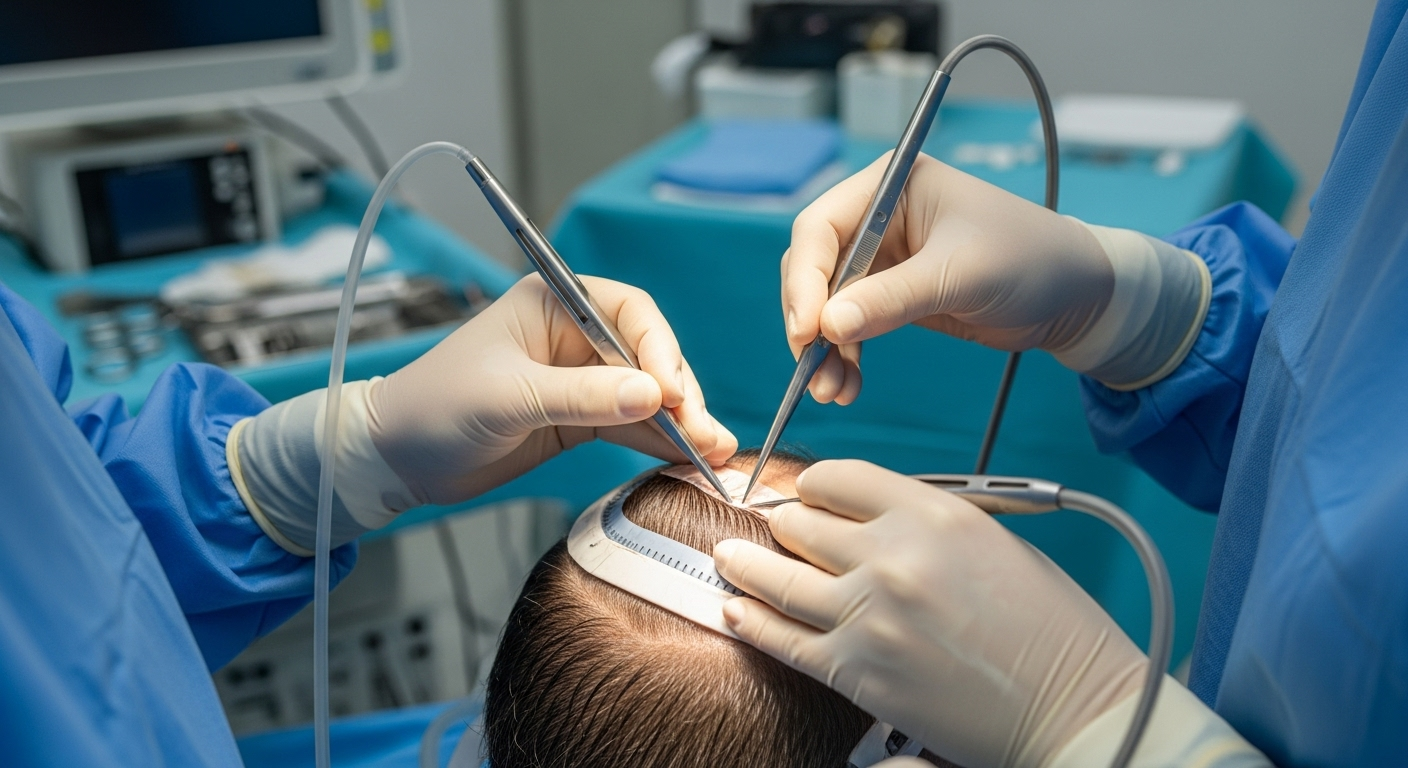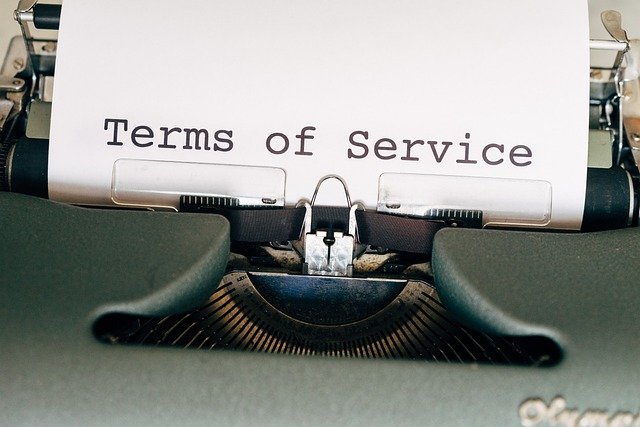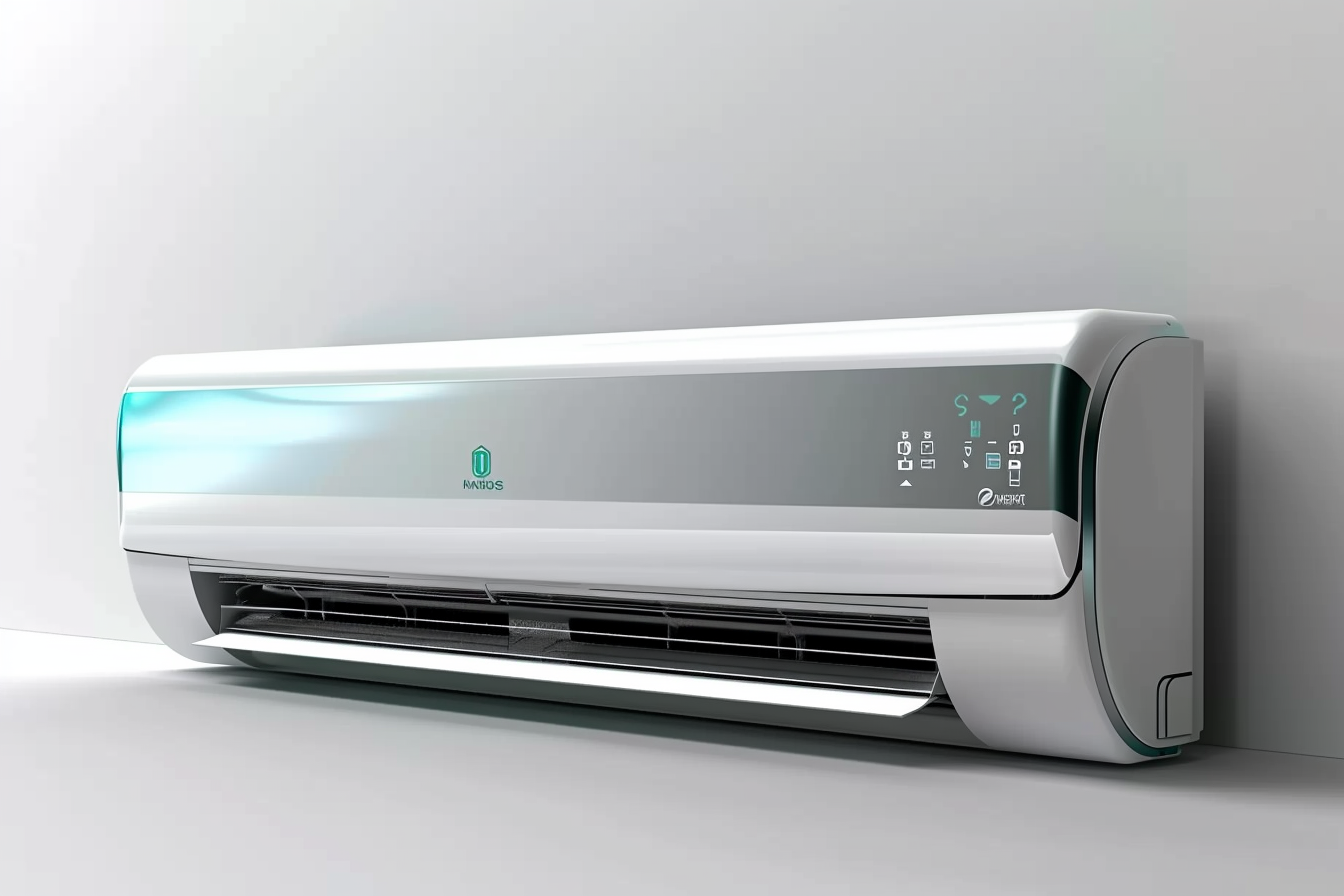Rhinoplasty: Understanding Nose Surgery and Its Benefits
Rhinoplasty, commonly known as nose surgery, is a popular cosmetic procedure that can dramatically enhance facial harmony and boost self-confidence. This surgical intervention involves reshaping the nose to improve its appearance or correct functional issues. Whether you're considering rhinoplasty for aesthetic reasons or to address breathing difficulties, it's essential to understand the procedure, its benefits, and what to expect from the process.

The procedure typically takes between one to three hours and is usually performed under general anesthesia. Surgeons may use either an open or closed approach, depending on the complexity of the changes required. In an open rhinoplasty, a small incision is made across the columella (the tissue between the nostrils), while in a closed rhinoplasty, all incisions are made inside the nose.
Who is a good candidate for nose surgery?
Ideal candidates for rhinoplasty are individuals who have realistic expectations about the outcome of the surgery and are in good overall health. Generally, patients should be at least 15-16 years old, as the nose needs to be fully developed before undergoing surgery. Good candidates may include those who:
-
Are unhappy with the size or shape of their nose
-
Have breathing problems due to structural issues in the nose
-
Have suffered nasal trauma or injury
-
Desire to correct a congenital nasal defect
-
Are non-smokers or willing to quit smoking before and after surgery
It’s crucial to have a thorough consultation with a board-certified plastic surgeon to determine if rhinoplasty is the right choice for you.
What are the potential risks and complications of rhinoplasty?
Like any surgical procedure, rhinoplasty carries certain risks and potential complications. While serious complications are rare, it’s important to be aware of the possibilities. Some potential risks include:
-
Infection
-
Bleeding
-
Adverse reaction to anesthesia
-
Difficulty breathing through the nose
-
Unsatisfactory aesthetic results
-
Septal perforation (a hole in the nasal septum)
-
Altered sense of smell
-
Skin discoloration or swelling
Choosing a highly skilled and experienced surgeon can significantly reduce these risks. It’s essential to follow all pre- and post-operative instructions carefully to minimize complications and ensure the best possible outcome.
How long does recovery from nose surgery typically take?
Recovery from rhinoplasty is a gradual process that varies from person to person. Most patients can expect the following timeline:
-
First week: You’ll wear a splint on your nose and may experience swelling, bruising, and discomfort. Most patients take about a week off work or school.
-
1-2 weeks: The splint is removed, and much of the initial swelling subsides. You can usually resume light activities.
-
3-4 weeks: Most swelling and bruising resolve, and you can return to more strenuous activities.
-
6-8 weeks: The majority of swelling is gone, and you can see a significant improvement in your nose’s appearance.
-
Several months to a year: Your nose continues to refine and settle into its final shape.
It’s important to be patient during the recovery process, as the full results of rhinoplasty may not be apparent for up to a year after surgery.
What should you consider when choosing a rhinoplasty surgeon?
Selecting the right surgeon is crucial for achieving the best possible results from your rhinoplasty. Here are some factors to consider when choosing a doctor:
-
Board certification in plastic surgery or otolaryngology (ear, nose, and throat specialty)
-
Extensive experience specifically in rhinoplasty procedures
-
Before-and-after photos of previous patients
-
Positive patient reviews and testimonials
-
Clear communication and a good rapport during your consultation
-
Accredited surgical facilities
-
Comprehensive aftercare and follow-up protocols
Take your time to research and meet with multiple surgeons before making your decision. A skilled and experienced rhinoplasty surgeon can help you achieve natural-looking results that enhance your overall facial harmony.
Rhinoplasty can be a life-changing procedure for many individuals, offering both aesthetic and functional improvements. By understanding the process, potential risks, and what to expect during recovery, you can make an informed decision about whether nose surgery is right for you. Remember to consult with a qualified surgeon to discuss your specific goals and determine the best approach for your unique case.
This article is for informational purposes only and should not be considered medical advice. Please consult a qualified healthcare professional for personalized guidance and treatment.






